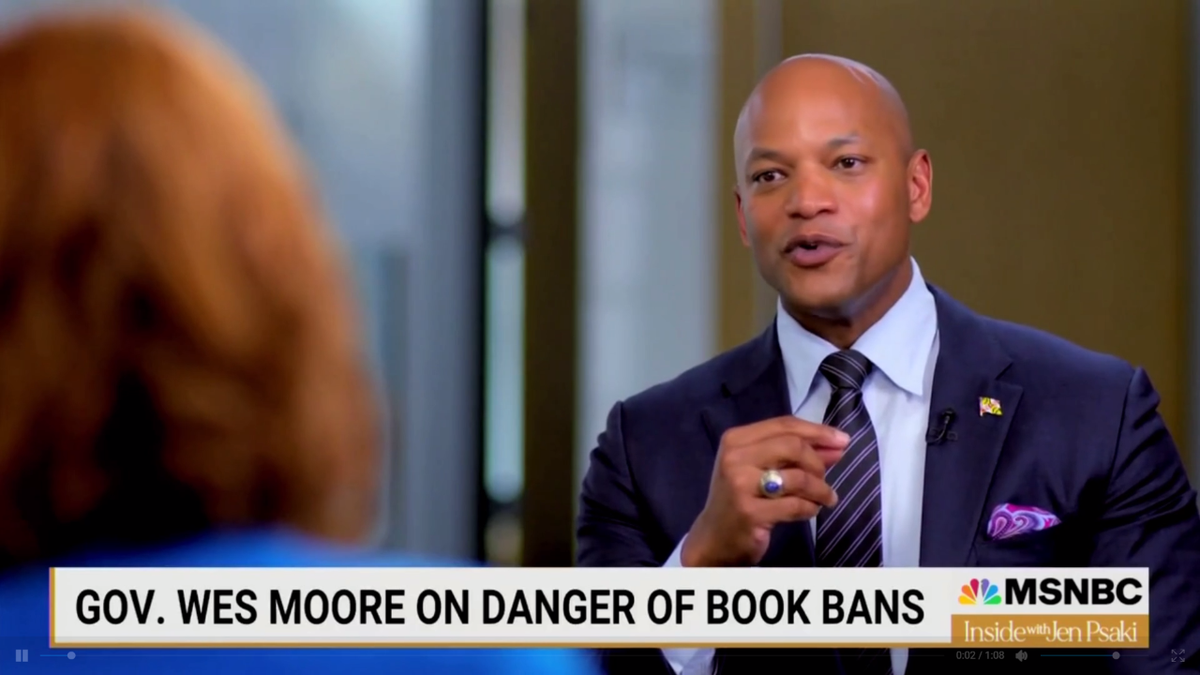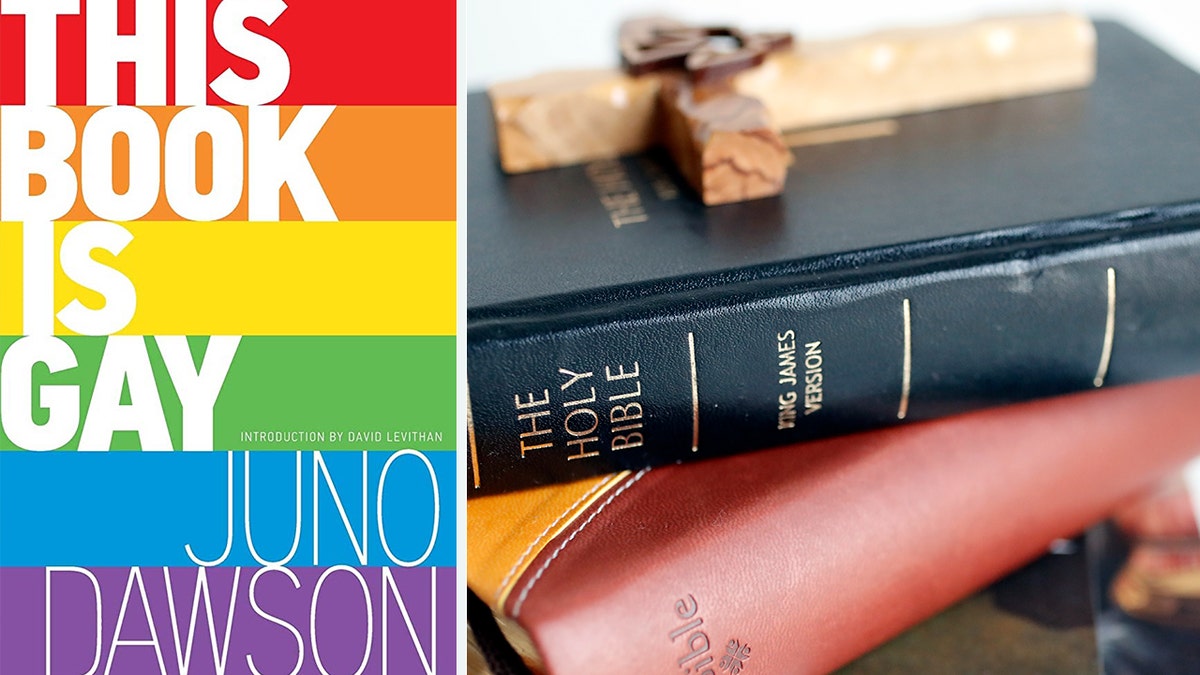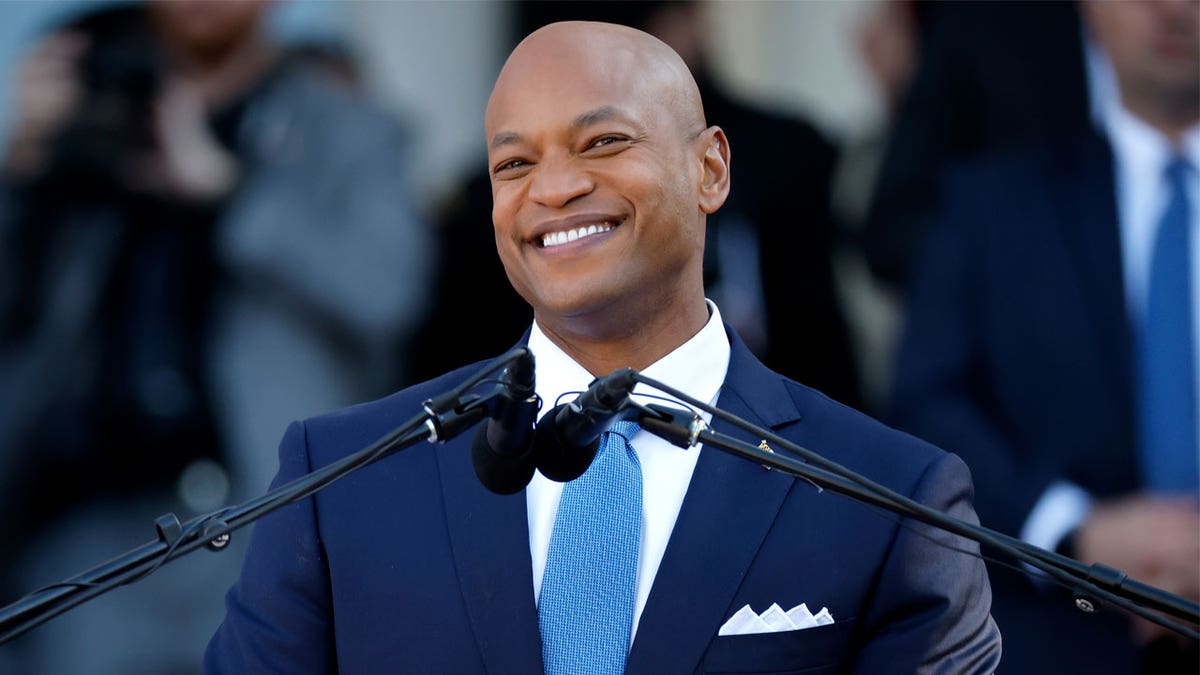In a recent interview, Maryland Governor Wes Moore voiced strong opposition to book bans, arguing that they disempower students, particularly Black students, by depriving them of crucial historical knowledge. He likened these bans to "castration," asserting that they undermine students' understanding of their own potential.
Moore challenged the rationale behind book bans, suggesting that the stated goal of shielding students from discomfort or guilt is a mere pretext. Instead, he contended that removing certain books sends a message to some students that their stories and experiences are not valued. He emphasized the importance of confronting challenging topics as part of the learning process.

Moore's comments come amid a national debate over the content of school libraries and curricula. Critics of book bans often argue that they disproportionately target works dealing with race, gender, and sexuality. Conversely, proponents of removing certain books express concerns about age appropriateness and exposure to potentially harmful or inappropriate material. For example, Vicki Baggett, a Florida high school teacher, recently challenged her school district for carrying books she deemed "pornographic."

The governor linked the removal of controversial books to a broader effort to erase history. He stressed the significance of understanding one's own history as a source of empowerment and identity. Moore declared that there would be "economic consequences" for leaders who implement book bans in their states, and encouraged groups to hold their conferences in Maryland.

This ongoing debate raises questions about the balance between protecting students and ensuring access to diverse perspectives and information. Where should the line be drawn between challenging material and inappropriate content? How can schools create inclusive learning environments while addressing the concerns of parents and community members?
Comments(0)
Top Comments